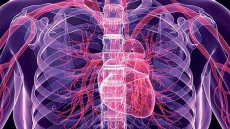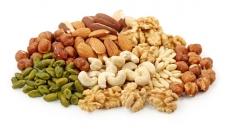In a finding that may lead to improved treatments for hypertension and heart failure, scientists have uncovered a new pathway through which the brain uses a little-known steroid to control blood pressure.
"This research gives us an entirely new way of understanding how the brain and the cardio-vascular system work together," said co-principal author John Hamlyn, a professor of physiology at the University of Maryland' School of Medicine in the US.
For decades, researchers have known that the brain controls the diameter of the arteries via the nervous system. The system is essential for daily life, but is often chronically over-active in patients with high blood pressure. In fact, many drugs that help with hypertension work by decreasing the activity of the nervous system.
However, these drugs have serious side-effects, such as fatigue, dizziness, depression and erectile dysfunction. These drawbacks have led to the search for novel ways to inhibit the nervous system while causing fewer problems for patients.
Working with an animal model of hyper-tension, a group of scientists found a new link between the brain and increased blood pressure, namely, a steroid called ouabain.
This is the first such study to identify a particular pathway by which the brain regulates the diameter of the arteries via ouabain in the bloodstream and causes an increase in contractile proteins in the arteries.
This new pathway works together with the nervous system pathway to control the function of arteries and thereby contributes to high blood pressure.
So medications that block ouabain's effects might improve the lives of people with hyper-tension and heart failure.
"Now that we understand the role of ouabain, we can begin working on how to modify this new pathway to help people with cardio-vascular problems," explained co-researcher Mordecai Blaustein, a professor of physiology and medicine at the University of Maryland' School of Medicine.
The study appeared in the journal PLOS One.





